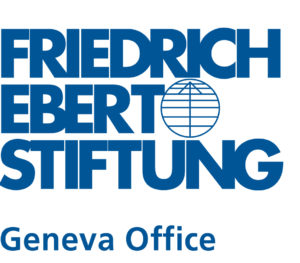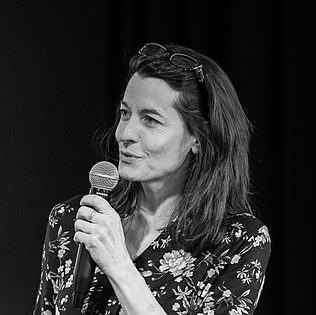The Human Rights Economics project
The first stage of the Human Rights Economics project is an enquiry into what the parameters of Human Rights Economics should be. Overall, its aim is for human rights advocates to have a greater impact on economic policy. And to influence economic thought and policy to build a world where people can live dignified lives within planetary boundaries.
Read Human Rights Economics – An Enquiry.
The project’s starting point is the observation that many human rights advocates engage with economic policy as a necessary part of their work. But their conceptual frameworks vary. The human rights-based entry points to economics-related work. also vary, as do understandings of human rights amongst economists.
In contrast, feminist approaches have developed a clearly-defined framework for analyzing the economy such that ‘feminist economics’ is now a respected field, applied by policymakers. Similarly, ecologists refer to ‘ecological economics’ to ensure that challenges such as water quality, toxic substances and climate change are tackled in economic thinking.
 The Human Rights Economics website gathers research and publications undertaken within the project. The work is led by Caroline Dommen with support from the Friedrich-Ebert-Stiftung.
The Human Rights Economics website gathers research and publications undertaken within the project. The work is led by Caroline Dommen with support from the Friedrich-Ebert-Stiftung.
What is Human Rights Economics?
Human Rights Economics strives for an economic system that is just for people and respectful of the planet, that promotes social and economic justice, that integrates a plurality of views and traditions and that is human rights-consistent in both its processes and outcomes. It defines the purpose of the economy as being to respect human rights.
Human rights economics posits that economics is blind with respect to the experiences of groups and individuals who are not represented at the policy-making table. Economics’ culture-blindness and lack of attention to the experiences of different groups affect economic policy findings and policy proposals and tend to favour those who are already privileged.
It considers that private and public economic actors must respect and protect people and the natural systems on which we all depend. It seeks to expose and prevent exploitation, dominance and abuses of power – including those that stem from national and international economic structures.
About Caroline Dommen

Caroline Dommen
Specialist, sustainable development law, policy and practice
Caroline Dommen is interested in the intersection between economics, the environment and human rights, with a particular focus on gender equality. She undertakes research, writing, training and evaluation on international law and policy, for international organisations, academic institutions and NGOs. She also leads local circular economy initiatives.
Caroline is keen to see a redefinition of economic thinking so that it takes better account of social and sustainability concerns, and so that those responsible for economic policies become more accountable for the consequences of those policies.
